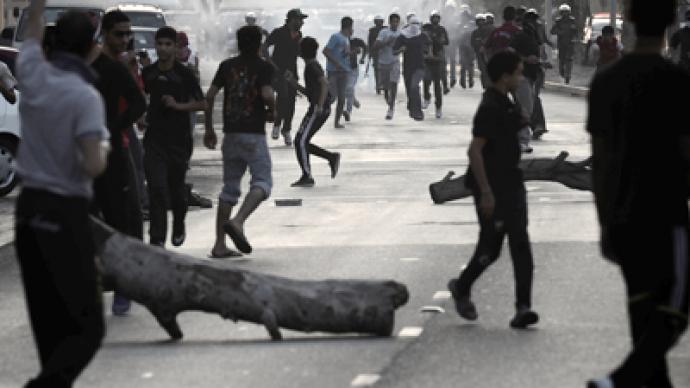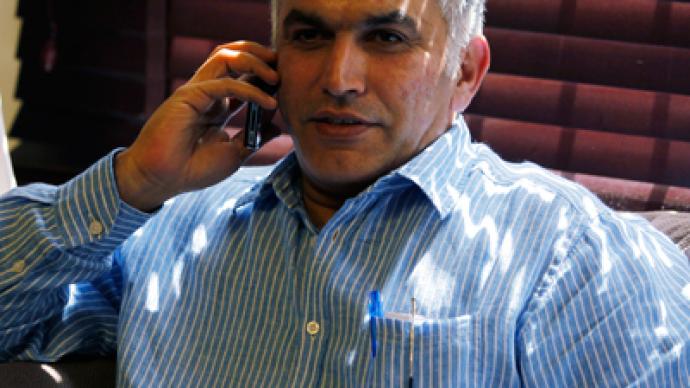The government of Bahrain revoked the citizenship of 31 activists for threats to state security, the interior ministry said. The announcement coincided with the arrests of four suspects connected to Monday bombings in which two people died.
The four arrested include prominent opposition figures: Dr Saaed Shehabi, London-based Bahraini political activist and member of the Bahrain Freedom Movement, former MP Jalal Fairooz and Hasan Mushaima, the head of the Haq Movement – a high-profile Bahraini opposition group.Their citizenship was revoked for violating Article 10 of the country’s Citizenship Act, which allows for the revocation of rights if the individual damages or threatens the state’s security.Bahrain also announced on Tuesday that it detained four suspects in connection to the five bombings that killed two people in the capital of Manama. The Bahraini chief of public security accused Shiite Hezbollah militants from Lebanon of perpetrating the attacks.“Their terrorist practices prove that they have been trained outside the kingdom,” Bahrain News Agency quoted Information Minister Samira Ibrahim bin Rajab as saying. “The hallmarks of Hezbollah are crystal clear.”The minister said the opposition groups are using tactics espoused by Iranian Supreme Leader Ayatollah Ali Khamenei, and blamed pro-Iran TV stations for supporting the uprising in Bahrain. Bahrain accused Shiite Iran of instigating turmoil on a number of occasions, a charge that Tehran denies. Hezbollah also denies involvement in the country, but has criticized Bahrain’s ruling Sunni monarchy for its handling of the crisis. Bahrain is home to the US fifth fleet. The US-allied, Sunni-dominated government has struggled to suppress the pro-democracy and largely Shiite opposition movement.Saudi Arabia, the most powerful country in the Gulf Cooperation Council and Tehran’s main rival, strongly supported the king of Bahrain against the popular uprising, going as far as deploying Saudi security forces in the country.Since the uprising began in February 2011, Bahraini police have responded with brutal force, and have been accused of carrying out midnight house raids in Shia neighborhoods, denying prisoners medical care and beating detainees at checkpoints.Some 3,000 people have been arrested, and at least five people have died from torture while in custody. By April 2012, more than 80 people had died during the uprising.Last month, a Bahraini blogger received six months in prison for allegedly insulting the ruling monarchy, and four more were arrested for insulting the king on Twitter.In October, a Bahraini court rejected a request from human rights activist Nabeel Rajab to suspend his three-year sentence for “participation in illegal demonstrations.”


